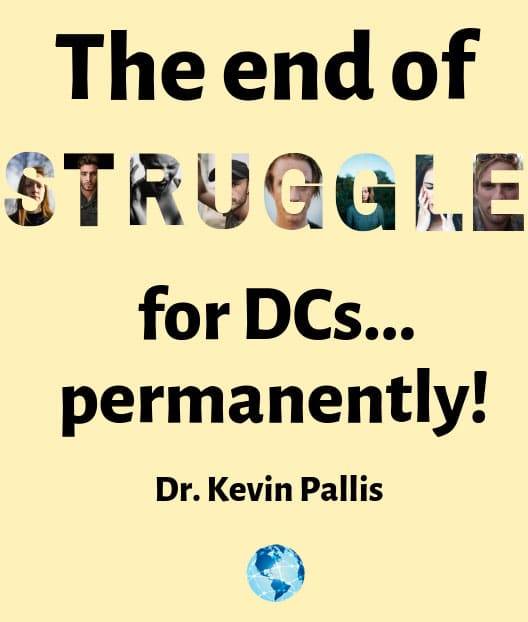Here’s what we can learn from Karate

You have been looking forward to this day for a while! Today you’re joining a dojo. You do the paperwork hurriedly to get to the good part which is out on the mat. What will the teacher look like (obviously you already peeked on the website), how does my ghi fit, how fun will it be…who will be in the class? Then something predictable happens…YOU QUIT!
Out of a hundred new Karate recruits, only one or two will become a black belt or shodan. That’s a very low rate!
Most studio owners will turn to the business model of cramming more recruits (or in our case, new patients) and having them keep dropping out. The key, according to the business model, is adding new members over and over. Profit is always valued over people.
But is it really?
New recruits are necessary to any Karate studio, but the Miyagi style owner will use a humanitarian model that places emphasis on retention, referrals and having people experience the full of effect of long-term Karate. The studio owner wins, the student wins, and Karate wins.
Now, turn the page to our Chiropractic offices. The battle cry of promoters and marketers is this: more new patients. They convince you to sell patients everything and anything that insurance will reimburse because they won’t be staying long. But, shouldn’t the real emphasis be on retention? How many more electronic patient files will accumulate using this inefficient way of practicing?
If just a small percentage of those departed patients were coming to your office on a regular basis, how healthy would they be…and how healthy would your office be?
Refer back to our Karate studio example. If people continued to train, they would experience all the intangibles that Karate has to offer like fewer frustrations and anger, fitness, coordination, and more. Back to your office, patients would be healthier, be able to do more things they love, and become the best version of themselves if they commit to adjustments on a long-term basis.
Don’t let insurers and state organizations convince you that seeing a patient for a few visits is in their best interest. You and I both know, it’s not. It never has been and never will be. Let your patients know who you are and what you stand for.
Your patients will know you have their backs and you will not betray their trust. When it’s something that matters like health, isn’t that the doctor that we all are looking for?


